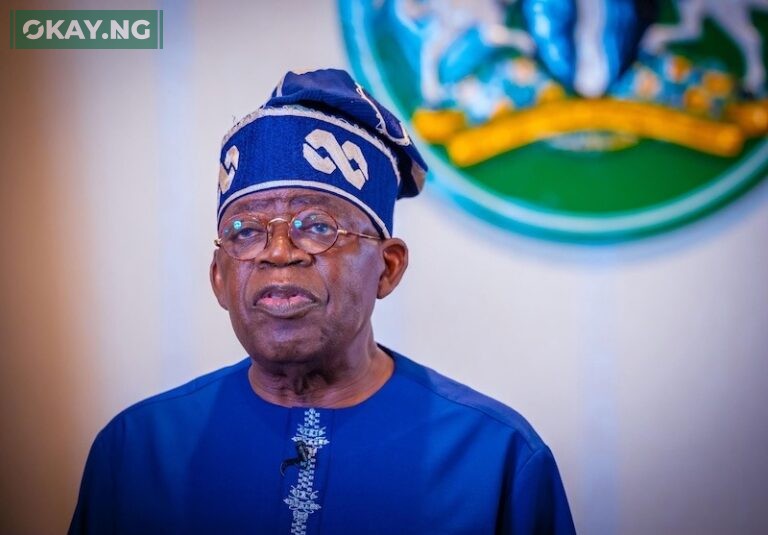President Bola Ahmed Tinubu will, on October 8, commission the Otakikpo Onshore Crude Oil Export Terminal in Ikuru Town, Andoni Local Government Area of Rivers State. The facility, valued at $400 million, represents the first crude export infrastructure built by an indigenous company in Nigeria in more than five decades.
The last major crude oil export facility constructed in Nigeria was the Forcados Terminal, established in 1971. The new terminal was developed by Green Energy International Limited (GEIL), operators of the Otakikpo field in Oil Mining Lease 11.
The historic event is expected to be attended by top government officials, including the Minister of State for Petroleum (Oil), Senator Heineken Lokpobiri, Rivers State Governor Siminalayi Fubara, as well as stakeholders across Nigeria’s oil and gas industry.
In a statement issued by GEIL’s Executive Director of Legal and Corporate Services, Olusegun Ilori, the project was described as part of the administration’s strategic efforts to tackle crude evacuation challenges and boost production.
“This project is a strategic infrastructure that supports the administration’s commitment to raising output while reducing costs,” Ilori explained.
Industry experts have repeatedly pointed to evacuation bottlenecks as a key barrier to Nigeria’s ambition of producing three million barrels of crude per day.
The Otakikpo terminal, with an initial storage capacity of 750,000 barrels—expandable to three million barrels—and a daily loading capacity of 360,000 barrels, is expected to provide relief to over 40 stranded oil fields, unlocking reserves that have been inaccessible for decades.
Chairman and Chief Executive of GEIL, Professor Anthony Adegbulugbe, emphasized the importance of the project, describing it as a “game-changing national infrastructure.”
“What we have achieved here is not just a storage solution, but a pathway for about 40 stranded oil fields to finally contribute to the economy,” he said.
The development underscores the Federal Government’s determination to restore investor confidence in the oil sector, which has been plagued by declining output, oil theft, vandalism, and high operating costs.
okay.ng reports that the commissioning will serve as a turning point for indigenous oil producers, significantly lowering their cost of operations while boosting Nigeria’s crude export profile.







